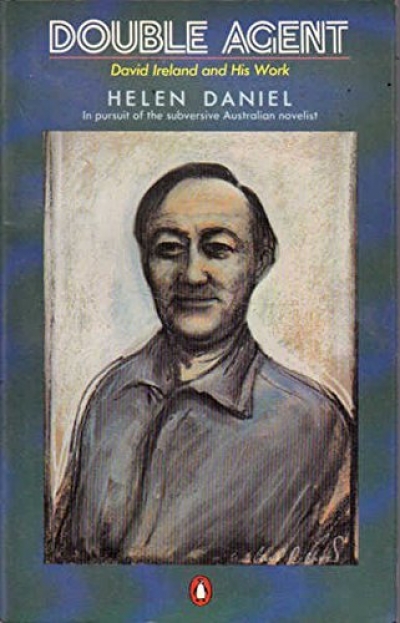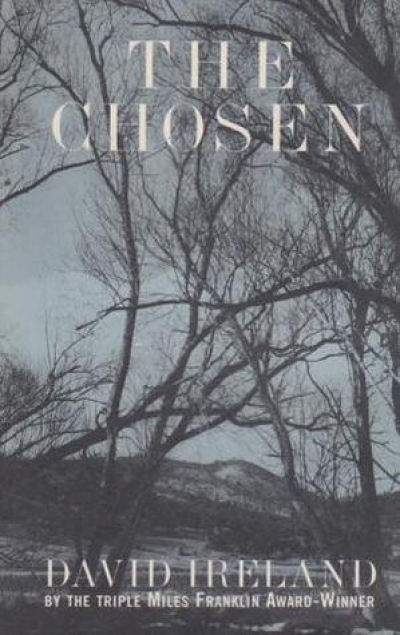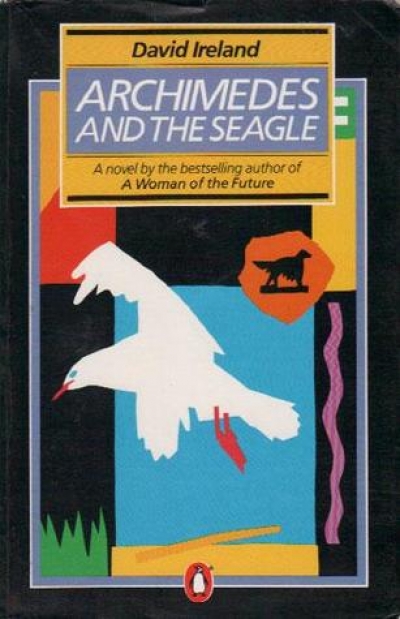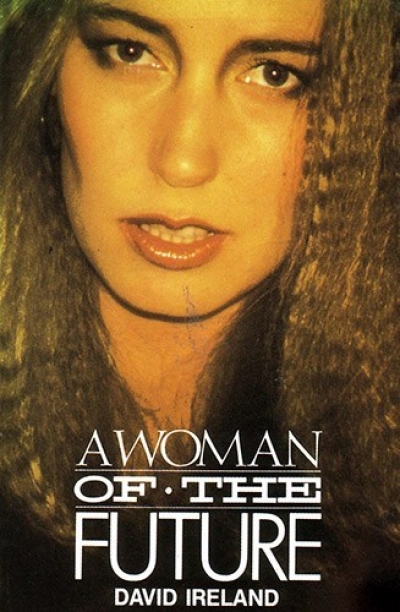David Ireland
Double Agent: David Ireland and his work by Helen Daniel
by Frances McInherney •
Like much else about this novel, its title The Chosen is not the relatively straightforward affair it may, at first, appear to be. One assumes for the first hundred pages or so that the ‘chosen’ are those citizens of the small NSW Southern Tablelands town of Lost River who have been chosen by a randomising computer program to have their lives represented in the commemorative tapestry being woven as a civic project along with two other pet Town Council proposals, a new jail and a high-temperature incinerator. It’s a mode that critic Ken Gelder has called ‘dark pastoral’.
... (read more)Long live who?
... (read more)Archimedes and the Seagle by David Ireland & Jane Austen in Australia by Barbara Ker Wilson
by Marian Turnbull •




